When it comes to search engine optimization (SEO), two names consistently rise to the top: Ahrefs and Semrush. Both are industry-leading SEO tools that provide a range of features designed to enhance keyword research, backlink analysis, and technical SEO capabilities. However, as we approach 2024, many marketers and SEO professionals find themselves asking: which tool is better? This article will look into the key differences, features, and functionalities of Ahrefs vs Semrush, helping you make an informed decision for your SEO strategy.

What are the key differences between Ahrefs and Semrush?
Ahrefs vs Semrush: Overview of features
Both Ahrefs and Semrush offer comprehensive features, but they cater to different aspects of SEO and content marketing. Ahrefs is renowned for its robust backlink analysis capabilities, boasting one of the largest link databases. It provides users with an intuitive interface to explore backlinks, monitor competitor links, and identify link-building opportunities. On the other hand, Semrush offers a more holistic approach, integrating keyword research, content marketing, and social media tools into its arsenal. This means that while Ahrefs excels in backlink analysis and site audits, Semrush encompasses a broader range of tools that can support your overall digital marketing strategy.

Comparing keyword research capabilities
Keyword research is a cornerstone of successful SEO, and both Ahrefs and Semrush provide powerful tools for this purpose. Ahrefs features a robust keyword explorer that allows users to generate extensive keyword ideas, analyze search volume, and assess keyword difficulty scores. This tool is particularly beneficial for those looking to identify long-tail keywords and optimize their content accordingly. Conversely, Semrush also offers an impressive keyword research tool that includes keyword difficulty analysis, search intent insights, and competitive keyword tracking. The primary difference lies in the user experience and the depth of data provided. While Ahrefs gives a more detailed breakdown of keyword metrics, Semrush provides a broader context by showing how keywords fit into overall content marketing strategies.
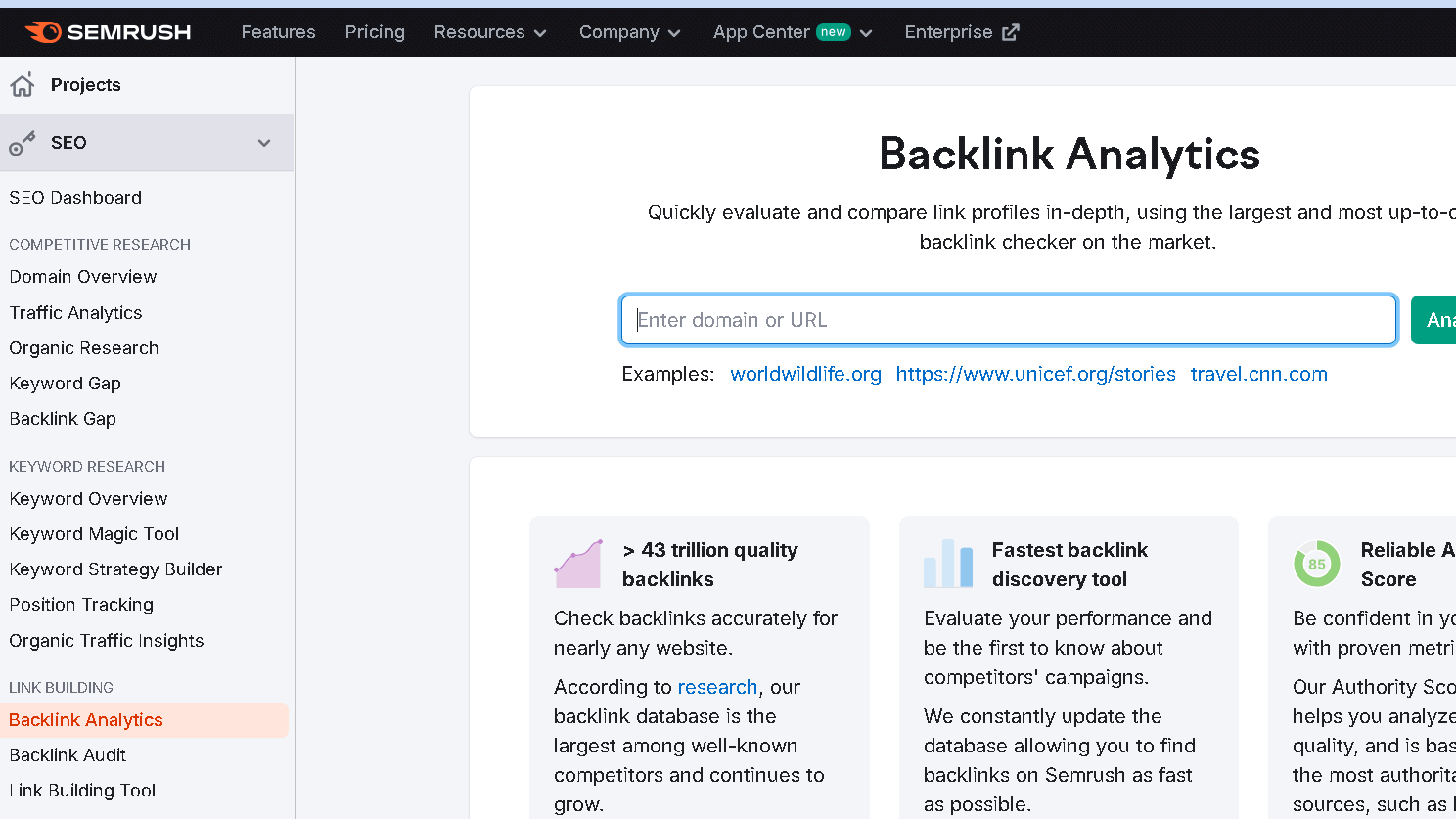
Understanding site audit functionalities
Site audits are essential for maintaining a healthy website and optimizing performance. Ahrefs provides a detailed site audit tool that scans your website for issues such as broken links, missing meta tags, and page speed problems. This analysis tool is user-friendly and presents actionable insights for improving your site’s SEO health. Semrush, however, also offers a powerful site audit feature that not only identifies technical issues but also suggests fixes and improvements. Unlike Ahrefs, Semrush provides a more extensive reporting capability, allowing users to track their progress over time. Ultimately, both tools excel in this area, but the choice between Ahrefs and Semrush may come down to personal preference regarding interface and usability.
How do Ahrefs and Semrush perform in keyword research?
Using Ahrefs for keyword research
When you use Ahrefs for keyword research, you gain access to an extensive database of keywords, complete with metrics that can inform your SEO strategy. The keyword explorer allows you to input seed keywords and receive a plethora of suggestions, accompanied by data on search volume, clicks, and keyword difficulty scores. Ahrefs also excels in providing related keywords and questions that users are asking, further enhancing your ability to create content that addresses user intent. The fact that Ahrefs emphasizes a keyword difficulty score means that you can easily identify which keywords are more attainable based on your current domain authority.
Semrush as a keyword research tool

In comparison, when you use Semrush for keyword research, you benefit from a slightly different approach. Semrush offers a keyword magic tool that categorizes keywords into groups, making it easier to organize and prioritize your research. Additionally, Semrush provides insights into keyword trends and seasonal fluctuations, which can be incredibly valuable for planning your content calendar. This feature allows marketers to align their content strategy with user behavior and search trends. Moreover, Semrush includes competitive analysis, showing how your competitors are ranking for specific keywords, thereby allowing you to adjust your strategy accordingly.
Keyword difficulty scores: Ahrefs vs Semrush
One of the significant metrics in keyword research is the keyword difficulty score. Ahrefs uses a proprietary algorithm to calculate this score based on the strength of the top-ranking pages for a given keyword. The higher the score, the more difficult it is to rank for that keyword. In contrast, Semrush also provides a keyword difficulty score, but it may differ in calculation methodologies. Semrush’s score tends to consider additional factors such as the overall competition in the niche and the number of backlinks pointing to the top-ranking pages. This slight variation can lead to different interpretations of keyword difficulty, making it essential for users to understand the underlying metrics when making decisions based on these scores.

What are the pros and cons of using Ahrefs and Semrush?
Pros of using Ahrefs
Ahrefs has several advantages that make it a preferred choice for many SEO professionals. One of its main strengths is its backlink analysis tool, which is often regarded as one of the best in the industry. Ahrefs provides comprehensive data on backlinks, including the number of referring domains, anchor texts, and link growth over time. Additionally, the user-friendly interface and the depth of data presented in a clear manner make it easy to use. Ahrefs also offers a robust keyword explorer that allows users to dive deep into keyword metrics, making it an invaluable tool for content marketers and SEO practitioners alike.
Cons of using Ahrefs
Despite its many strengths, Ahrefs is not without its drawbacks. One of the most notable cons is the pricing plan, which can be considered expensive for freelancers or small businesses. Additionally, while Ahrefs excels in backlink analysis, it may lack some of the broader digital marketing features that Semrush offers. Users looking for an all-in-one SEO tool may find themselves limited by Ahrefs’ focus on backlink data and keyword research. Another potential downside is that Ahrefs does not include as extensive competitor analysis features, which can be a significant factor for businesses heavily focused on competitive research.
Pros and cons of using Semrush
Semrush also presents a strong case as a leading SEO tool, particularly due to its comprehensive suite of features that go beyond keyword research and backlink analysis. Semrush provides excellent tools for content marketing, allowing users to track their content’s performance and optimize it for better engagement. The competitive analysis features are robust, helping users to identify their competitors’ strengths and weaknesses. However, Semrush is not without its challenges; its pricing can also be relatively high, and some users may find the interface overwhelming due to the sheer volume of features it offers. Ultimately, the choice between Semrush and Ahrefs may come down to whether you prioritize a broader toolset or a deep focus on backlinks and site audits.
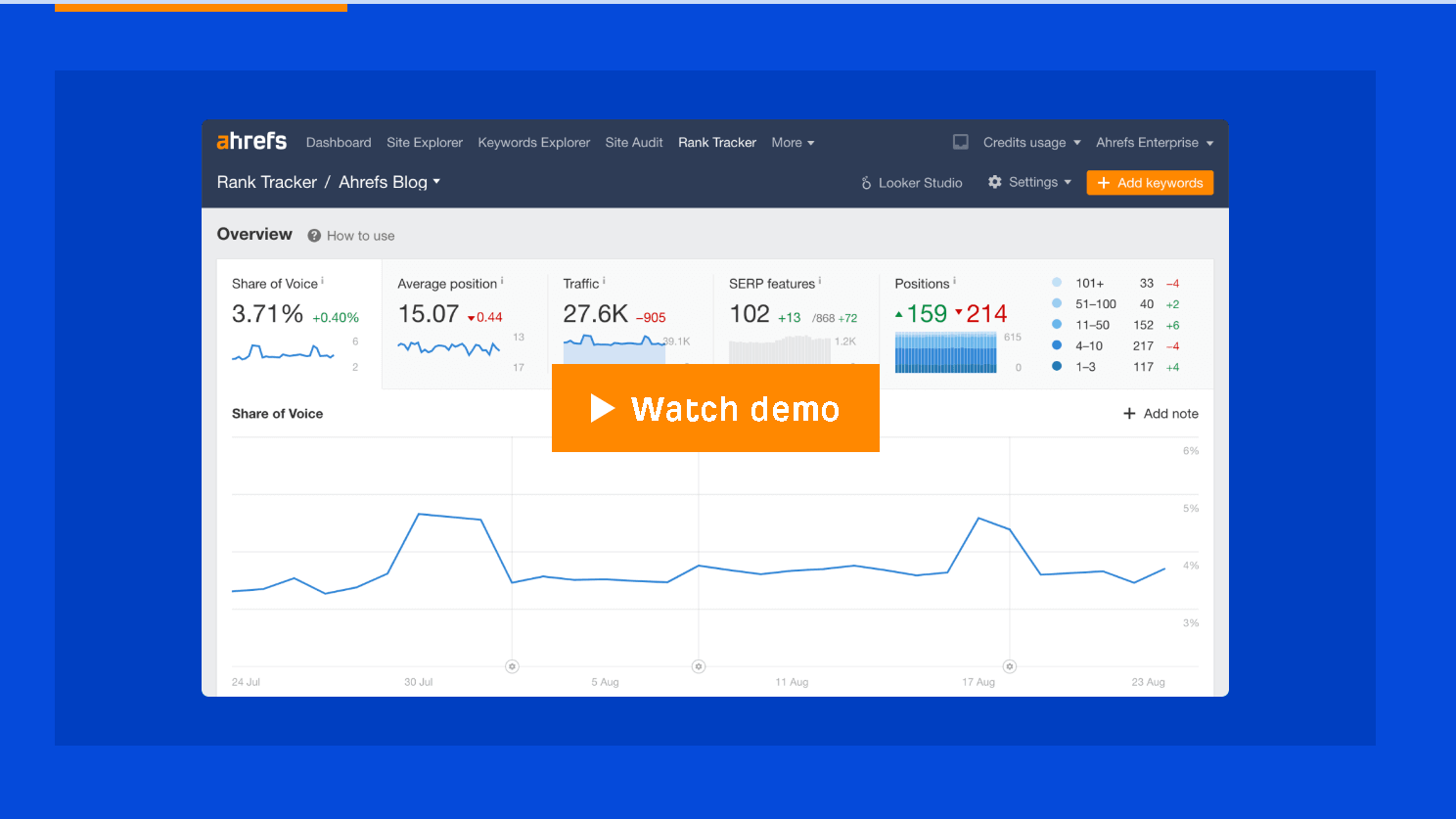
Which tool offers better backlink analysis: Ahrefs or Semrush?
Backlink analysis in Ahrefs
Ahrefs is often cited as the industry leader for backlink analysis. The fact that Ahrefs maintains one of the largest databases of live backlinks means that users have access to comprehensive data about their own backlinks as well as their competitors’. Ahrefs allows users to see the quality of backlinks through various metrics, including domain authority and trust flow. This enables SEO professionals to prioritize link-building efforts effectively. Furthermore, Ahrefs offers tools such as the “Content Explorer,” which helps users discover high-performing content in their niche, making it easier to identify backlink opportunities.
Exploring Semrush’s backlink features
Semrush also provides robust backlink analysis features, though they may not be as extensive as those found in Ahrefs. Semrush’s backlink audit tool allows users to evaluate the health of their backlink profile, identifying toxic backlinks that could harm their SEO performance. Additionally, Semrush offers a unique feature for tracking backlinks over time, enabling users to see how their link-building efforts are impacting their domain authority. While Semrush may not have the same depth of backlink data as Ahrefs, it compensates with features that are more integrated into a complete digital marketing strategy.
Comparing link building options
When it comes to link building options, users may find distinct advantages in both tools. Ahrefs provides valuable insights into potential link-building opportunities by showcasing which sites link to your competitors but not to you. This feature is particularly useful for generating targeted outreach strategies. In contrast, Semrush offers a “Link Building Tool” that streamlines the outreach process by allowing users to manage their link-building campaigns directly within the platform. This tool offers templates for outreach emails and tracking functionalities to monitor your progress, making it a convenient option for users focused on building relationships with other sites for backlinks.
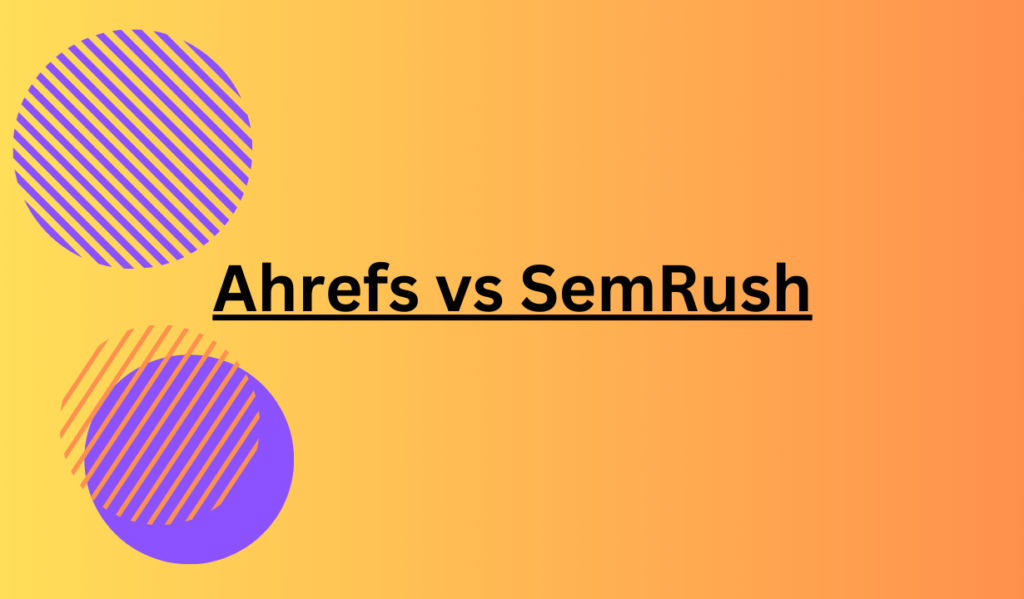
How do Ahrefs and Semrush support technical SEO?
Site audit capabilities in Ahrefs
Ahrefs provides a powerful site audit tool that helps users identify technical SEO issues that could be hindering their website’s performance. The tool generates a comprehensive report detailing various issues, such as broken links, missing alt tags, and page speed problems. Ahrefs also offers actionable recommendations to resolve these issues, making it easier for users to enhance their site’s SEO health. The user interface allows for easy navigation through the audit results, ensuring that SEO professionals can quickly prioritize fixes based on their impact on overall performance.
Technical SEO tools offered by Semrush
Semrush also excels in supporting technical SEO through its site audit feature. Unlike Ahrefs, Semrush integrates additional tools for monitoring site performance, including a “Site Performance” dashboard that provides real-time updates on your site’s health. Semrush’s audit tool goes beyond just identifying issues; it offers suggestions for optimization based on the latest SEO best practices. This can be particularly beneficial for users looking to stay ahead in the ever-evolving world of SEO. Furthermore, Semrush includes tools for monitoring crawlability and indexing, giving users a more comprehensive view of their technical SEO health.
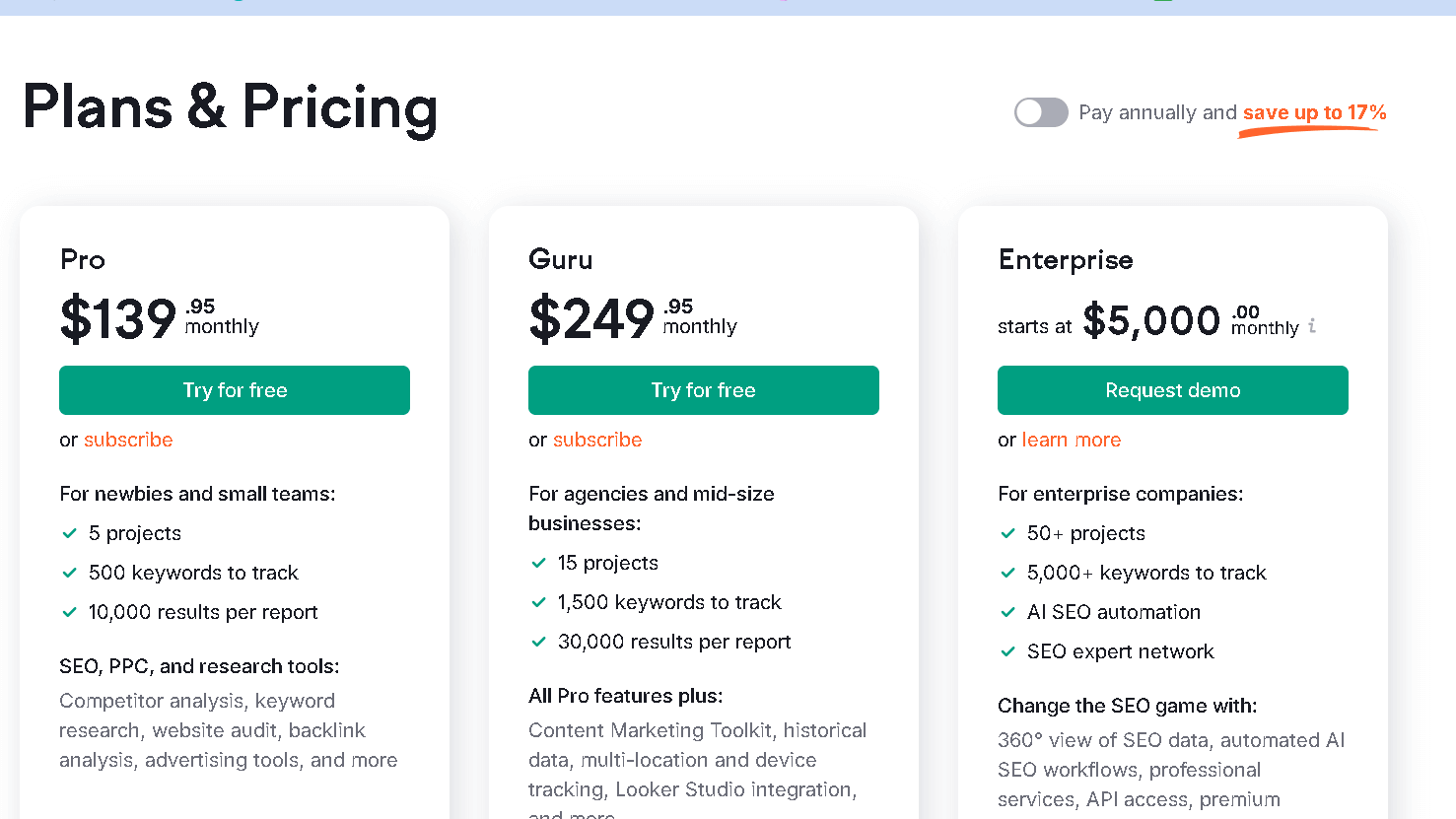
Best practices for using these tools for local SEO
When it comes to local SEO, both Ahrefs and Semrush can play pivotal roles in optimizing your digital presence. Ahrefs can be used to identify local keywords that are relevant to your business, helping to create content that resonates with your target audience. Additionally, Ahrefs can assist in analyzing local competitors and their backlink profiles, revealing opportunities for local link building. On the other hand, Semrush provides tools specifically designed for local SEO, such as the “Listing Management” tool, which helps businesses manage their online presence across various directories. By utilizing the strengths of both Ahrefs and Semrush, SEO professionals can develop a robust local SEO strategy that drives traffic and enhances visibility in local search results.
Ahrefs vs Semrush: Content gap tools
When considering a content gap tools, Ahrefs and Semrush are two leading options in the realm of SEO software. In an Ahrefs vs Semrush comparison, it’s essential to note that Semrush gives users access to a larger database of keywords and offers extensive SEO and PPC features. However, Ahrefs lets you analyze your competitors’ content strategies effectively. While Ahrefs pricing can be steep, many users argue that Semrush is considerably better value, especially when considering features like Semrush guru. Unlike Semrush, which limits increase in keyword tracking, Ahrefs shows a more straightforward approach to its SEO health score.
When it comes to user experience, Ahrefs UI is often praised for its simplicity, while Semrush seems to have a more complex interface. If you want a tool that allows you to dive deep into SEO data without breaking the bank, you might choose Ahrefs. However, if you’re looking for a comprehensive feature set, the Semrush comparison might lead you to find Semrush features better tailored to your needs. Ultimately, whether Semrush or Ahrefs is right for you may depend on your specific requirements and budget.
Is Ahrefs or Semrush more accurate?
When comparing the accuracy of Ahrefs and Semrush, users often consider various factors, including data reliability and feature sets. While both tools are expensive, many find that Semrush offers a larger array of features than Ahrefs, making it a popular choice for comprehensive SEO analysis. In the Semrush vs Ahrefs debate, Semrush tends to provide more detailed insights into particular keywords, which is crucial for effective keyword targeting.
On the other hand, Ahrefs is one of the leading tools for backlink analysis, and often users turn to Ahrefs review to assess its strengths. While Ahrefs doesn’t offer a free version, it allows users to find Ahrefs data with a paid subscription. However, it’s noteworthy that Semrush limits increase over time, making it a more flexible option for growing businesses. Ultimately, the choice between Moz, Semrush, or Ahrefs hinges on specific needs and preferences in the context of Moz vs Semrush or Ahrefs comparison.
What is the weakness of Semrush?
One notable weakness of Semrush is its pricing structure, which can be a barrier for small businesses or freelancers. While Ahrefs and Semrush are expensive, users often find themselves comparing these tools with more affordable options like Moz Pro. Semrush’s comprehensive suite of features, including Semrush keyword research, is impressive; however, many users feel that support while Ahrefs provides more responsive customer service, making it easier to resolve issues quickly.
Another concern is that Semrush has a larger variety of tools but sometimes sacrifices the depth of its data analysis. Users often report that Semrush data can be overwhelming, and finding specific metrics can become cumbersome. Consequently, some marketers lean towards Semrush alternatives that offer a more streamlined experience. Instead of relying solely on Semrush, users might benefit from a combination of tools to meet their unique needs.
Ahrefs Pricing
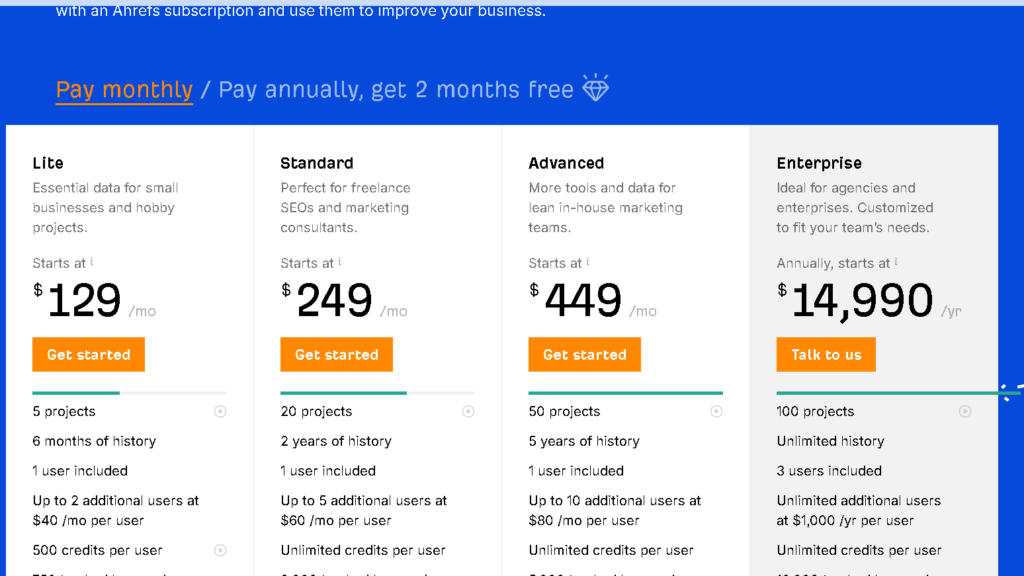
SemRush Pricing
Ahrefs vs Semrush: Conclusion
In the ongoing debate between Ahrefs and Semrush, it’s essential to consider the unique strengths of each tool. While Ahrefs is renowned for its comprehensive backlink analysis and robust keyword research capabilities, Semrush instead offers a more holistic approach that encompasses SEO, PPC, and content marketing. This versatility makes Semrush particularly appealing for businesses looking to integrate various digital marketing strategies.
Moreover, user experience plays a significant role in tool selection. Many users find that Semrush instead provides a more intuitive interface, making it easier for beginners to navigate and utilize its features effectively. In contrast, Ahrefs may require a steeper learning curve for those unfamiliar with SEO tools. Ultimately, the choice between Ahrefs and Semrush hinges on specific needs and preferences, as both platforms excel in different aspects of digital marketing.
Ahrefs vs Semrush FAQs
Q: What are the main differences between Semrush and Ahrefs?
A: Semrush and Ahrefs are two popular SEO tools that offer a variety of features for keyword analysis, backlinks, and site audits. While both tools provide valuable data, Semrush is often noted for its robust keyword research capabilities and additional features for PPC, whereas Ahrefs is praised for its backlink analysis and user-friendly interface.
Q: Which tool is better for SEO, Semrush or Ahrefs?
A: The answer depends on your specific needs. If you require extensive keyword data and a comprehensive SEO site audit, Semrush may be the better tool for you. However, if your focus is primarily on backlinks and in-depth content analysis, many users say that Ahrefs is a better option.
Q: How does Semrush compare to Ahrefs in terms of pricing?
A: While both Semrush and Ahrefs are considered expensive, Semrush pricing is often regarded as considerably better value than Ahrefs for users needing a wider range of features. Semrush offers different plans, including options that provide access to their SEO writing assistant and other tools at a lower cost.
Q: Can I use both Semrush and Ahrefs together for better results?
A: Yes, many SEO professionals choose to use both Semrush and Ahrefs together to take advantage of the unique strengths each tool offers. This approach allows for comprehensive keyword analysis, competitive research, and detailed backlink tracking.
Q: What does Semrush show in its keyword analysis compared to Ahrefs?
A: Semrush shows extensive keyword data, including search volume, difficulty, and trends over time. Ahrefs keyword overview also provides similar data but focuses more on keyword ranking history and SERP features. Depending on your needs, you might prefer the detailed insights from one tool over the other.
Q: How do backlinks differ in reporting between Semrush and Ahrefs?
A: Ahrefs is known for its robust backlink database and offers detailed insights into link profiles, including lost and broken links. Semrush, on the other hand, provides valuable information about backlinks but may not be as comprehensive as Ahrefs in this area. Users often compare Ahrefs for its superior backlink analysis features.
Q: What kind of support is available for Semrush and Ahrefs users?
A: Both Semrush and Ahrefs offer support, but many users find that Semrush has more extensive resources, including tutorials and customer support options. Ahrefs provides good documentation as well, but some users report that they receive better support while using Semrush.
Q: Is there a free trial available for Semrush or Ahrefs?
A: Semrush offers a free trial period that allows you to explore its features, while Ahrefs does not have a free trial but provides a limited version of their tools for free. Users often suggest trying Semrush first to determine if it fits your needs before committing to a paid plan.
Q: Which tool is better for beginners looking to improve their SEO strategy?
A: For beginners, Semrush might be a better option due to its user-friendly interface and comprehensive tutorials. Semrush’s features are more geared towards providing step-by-step guidance on SEO tactics. However, Ahrefs is also beginner-friendly and is known for its straightforward UI, making it accessible for new users.
